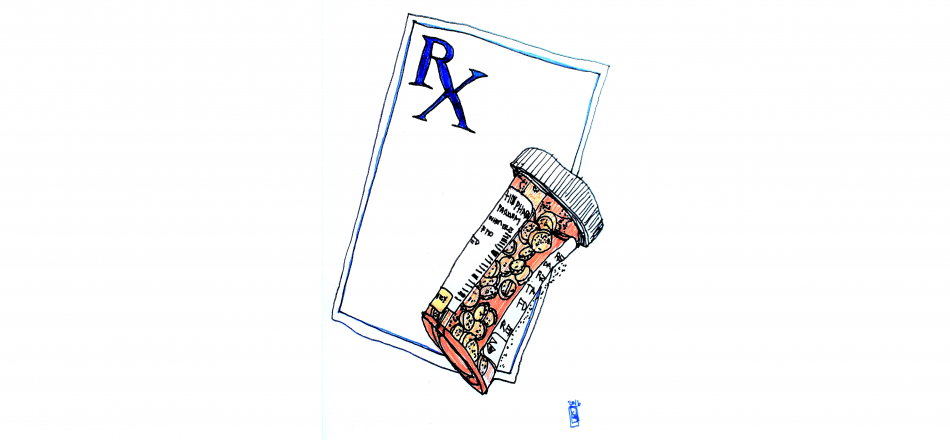Optional pre-step: If you have never taken much time to do independent research into the psychiatric drug(s) that you’re taking, or have only ever received information from prescribers, mental health organizations or medical websites that tend to promote these drugs, we encourage you to go to Inner Compass Initiative’s Learn/Unlearn section and read the relevant “Interventions” mini-booklets. These articles help provide a clearer understanding of the general mechanisms of action of psychiatric drugs in the brain and body, the harms they can cause, and what “effectiveness” actually means. It’s easy to scan through them and choose the questions and issues that feel most important to you. If you do so, you may want to take a break before returning here to complete this exercise.

1. Head over to our Learn section to read ICI’s "Primer on Psychiatric Drug Dependence, Tolerance and Withdrawal". If you’ve already read it, consider re-familiarizing yourself with its contents to make sure they’re fresh in your mind. As you read the "Primer", pay attention to any thoughts or emotional responses that come up for you, and jot down any information that stands out as especially relevant, meaningful, confusing, or unclear for you. Take whatever break you might need after you finish reading and taking notes. Then, return here.
2. Now let’s review some key topics and points from the "Primer". After you read each paragraph below, stop and make some notes. How do these statements make you feel? What reactions, if any, do they provoke within you? How does this information intersect with your previous beliefs? And whether you were aware of these facts before or not, does reflecting on them now affect any other thoughts or feelings you’ve been experiencing—whether about your relationship to medications or to any other aspects of your life?
- Dependence: All classes of psychiatric drugs are known to potentially cause physical dependence. When the central nervous system has become dependent on a psychiatric drug, it means that any attempts to reduce or stop that drug—especially quickly—can lead to withdrawal problems. Dependence can develop in as quickly as two weeks after beginning a psychiatric drug.
- Tolerance: Many psychiatric drugs are known to potentially cause tolerance, meaning that some or all of their effects diminish or disappear over time, possibly leading to the need for larger dosage sizes. Tolerance can develop in as quickly as two weeks after beginning a psychiatric drug.
- Withdrawal symptoms: Psychiatric drug withdrawal symptoms are a sign that the central nervous system has become destabilized by changes in the dosage of a medication to which it had previously grown acclimated. Depending on many factors, withdrawal symptoms can last for weeks, months, or years, and be anywhere from mildly unpleasant and inconvenient to deeply disabling and debilitating.
- Risk-minimizing tapering: The common wisdom in the layperson withdrawal community holds that the taper rate that yields the best outcomes for most people most of the time is a reduction between 5-10% per month calculated upon the previous dose, so that the reduction amount becomes progressively smaller over time.
- Fast tapering: Tapering faster than one’s central nervous system can handle is extremely risky, and for an unknown percentage of people can lead to weeks, months, or years of pain, impairment, and disability.
- Reactions and interactions: Understanding the impact that one’s genetics, diet, and relationship to supplements, herbs, and psychoactive substances can have on outcomes is an important part of an optimized taper plan.
- Practitioner perspectives: Medical and mental health practitioners far too often do not adequately recognize and understand psychiatric drug withdrawal, and may even claim that it is not real, or that very slow tapering is unnecessary.
3. After you’ve completed writing down your thoughts and reactions, take some time to review them all to see if you notice any patterns or tendencies in what you felt or thought through the course of re-reading those key points from the "Primer". Whether this information was new or old news to you, thinking about it is likely making you feel something about your overall relationship to psychiatric drugs. What is that ‘something’? And are you feeling it viscerally, emotionally, mentally, spiritually, or at a different level entirely? Is the meaning of what you’re feeling clear to you—or, perhaps, do you have mixed feelings or even feel like you’re in a bit of a daze from it all? Just take some time to really understand what all of this makes you feel.

